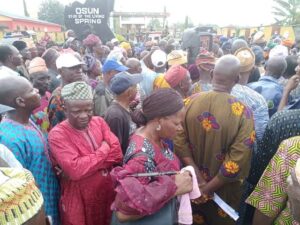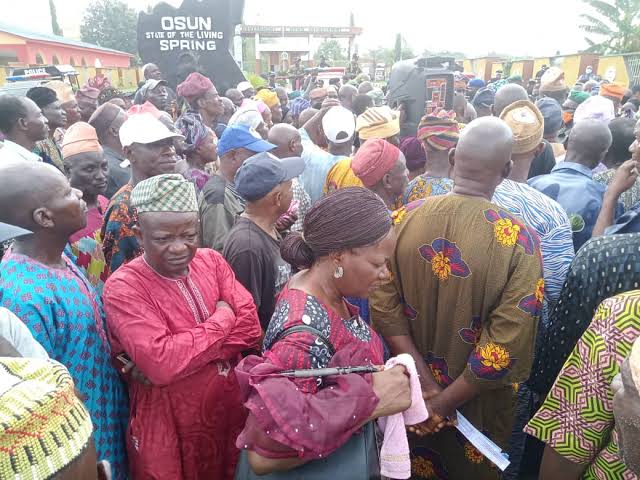Federal retirees in Nigeria are facing dire circumstances as the government struggles to pay out pensions, leaving many without income for years after retirement. As of May 2024, the Federal Government owes an estimated N250 billion in pension payments, affecting retirees from various ministries, departments, and agencies (MDAs).

The crisis stems from unpaid “accrued rights” – pension benefits owed to employees who worked before the 2004 introduction of the Contributory Pension Scheme (CPS). Without these payments, Pension Fund Administrators (PFAs) cannot process retirees’ benefits.
Former civil servants like Yomi Gbadamosi and Mabel Adarabioyo exemplify the hardship faced by retirees. Gbadamosi, who retired in 2022 after 30 years of service, has waited nearly two years for his pension. At 62, he now relies on his children for basic needs. Adarabioyo, 63, retired in 2021 and has yet to receive any pension after three years.
The situation is particularly dire for retirees without family support, with reports of some dying from hunger and lack of medical care. This crisis has led to increased pressure on PFAs from desperate retirees seeking their funds.
Industry experts cite several factors contributing to the problem:
1. Delayed reconciliation of public sector contributions
2. Late release of accrued rights
3. Insufficient government funding
In July 2024, the government ordered a computation of accrued pensions for current federal civil servants employed before June 30, 2024. This move aims to plan for future pension payments, but does not address the immediate needs of current retirees.
The 2024 budget shows a 21.3% decrease in allocations for pensions, gratuities, and retiree benefits compared to 2023, raising concerns that the pension backlog may continue to grow.
The crisis highlights broader issues within Nigeria’s civil service and pension system:
1. Inadequate planning for retirement obligations
2. Potential for increased corruption as workers fear an uncertain future
3. Loss of faith in government employment among younger generations
PFA executives suggest faster reconciliation of public sector contributions and earmarking funds for timely pension allocations as potential solutions. However, without significant government action, the situation for Nigeria’s retirees remains precarious.
This ongoing crisis serves as a stark reminder of the importance of robust pension systems and the human cost when they fail. As retirees like Gbadamosi and Adarabioyo continue to struggle, the need for urgent reform in Nigeria’s pension sector becomes increasingly apparent.




